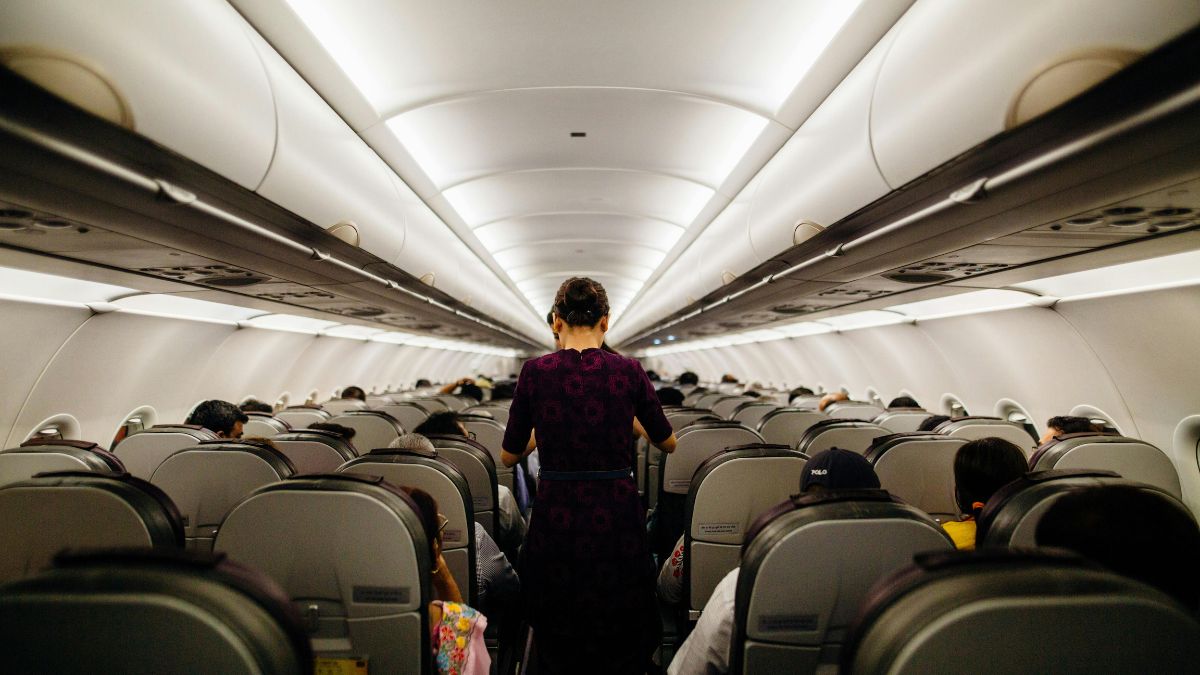A recent white paper authored by Uri Yerushalmi, chief AI officer and co-founder of Israeli software firm Fetcherr, has revealed a potentially transformative and controversial approach to airline pricing.
The document, circulated among prospective clients, outlines a pilot AI-driven pricing model already tested by an unnamed airline. The system, modelled on generative AI principles, replaces traditional fare structures with a labyrinthine array of dynamically shifting price classes, aimed at maximising yield well beyond human cognitive processing.
To call this merely dynamic pricing is to understate the scale of the change. Airlines have long tinkered with fare variability, but what Fetcherr proposes enters a new domain where AI not only responds to market signals but generates its own version of them, simulating demand and adjusting fares in real time. “Exploitation phase,” Yerushalmi wrote with little subtlety, according to a Bloomberg report.
In contrast to pricing strategies of the past (think: yield management, seasonal variation, and advance purchase discounts) what Fetcherr is offering now is closer to predictive behavioural manipulation. It takes what it knows of the consumer, or of consumers like them, and warps price accordingly. In that moment, the ticket, instead of being a commodity, becomes a wager on how badly you need to get home during a festival or how much you’re willing to stretch for a weekend with family.
Delta Air Lines has already begun integrating Fetcherr’s platform into its operations. At its July earnings call, President Glen Hauenstein disclosed that the company had deployed the system across 3 per cent of its domestic routes, with an ambition to scale that to 20 per cent by year-end. “We like what we see,” Hauenstein said, describing the initiative as being in a “heavy testing phase.”
Impact Shorts
More ShortsPerhaps relieving to many flyers is the fact that at least lawmakers have been swift and unforgiving in responding to the proposal. Arizona Senator Ruben Gallego, backed by other Democrats, sent a letter to Delta CEO Ed Bastian warning of “data privacy concerns” and the potential to push consumers toward their individual “pain point.”
Republican Senator Josh Hawley called Delta’s system “the worst thing I have heard from the already awful airline industry.” Democratic Congressman Greg Casar introduced a bill that would outlaw “surveillance pricing.”
It’s not hard to see why the backlash is bipartisan. Americans may grumble about security lines or seat widths, but airfare pricing has long remained an opaque ritual they grudgingly accept. Now, however, it seems that ritual may be gamified, and by a machine, no less. The suggestion that airlines could price seats not by value, but by what each person can endure, ignites deeper fears about the commodification of necessity.
Where that lies on the scale of ethics is anyone’s guess.
Delta Air Lines has tried to reassure critics. In a July 31 letter to Gallego, the airline’s chief external affairs officer Peter Carter described Fetcherr’s software as a “decision-support tool” that analysts “oversee and fine-tune.” He stressed that pricing recommendations move “in both directions,” and said there were “no fare product[s] Delta has ever used, is testing or plans to use that targets customers with individualized prices based on personal data.”
Yet earlier statements muddy the waters. In a blog post from 2024, since scrubbed from Fetcherr’s website, the company forecasted a future of “individualized pricing” based on behavioural indicators like purchase history and the “real-time context of each booking inquiry.” The blog positioned this as a vision, not a current reality, and acknowledged that privacy laws could constrain implementation.
We’re living in the golden age of algorithmic nudging, and if pricing is becoming personal, it’s also becoming intimate. AI is not only learning what we want, it’s also figuring out how much we’ll suffer to get it. In an earnings event last November, Delta’s Hauenstein suggested exactly this. “Could we take a $20 increase in our fares and not see a decline in market share? Could we take a $40?” he mused, adding, “We will have a price that’s available on that flight, on that time to you, the individual.”
Other airlines have expressed concern. American Airlines CEO Robert Isom, speaking on his company’s earnings call, called AI-driven pricing “bait and switch” and “unethical.” “It’s not something we would do,” he stated. Southwest Airlines has also clarified that it does not rely on artificial intelligence to set fares.
The irony is that even while these airlines distance themselves from the practice, they may soon find themselves pulled into it. “The Holy Grail,” as Deutsche Bank managing director Michael Linenberg put it, is “meeting each and every individual’s personal demand curve.” That is the vision, the dream: the perfect, profitable equilibrium where every customer pays exactly what they can be stretched to pay.
)